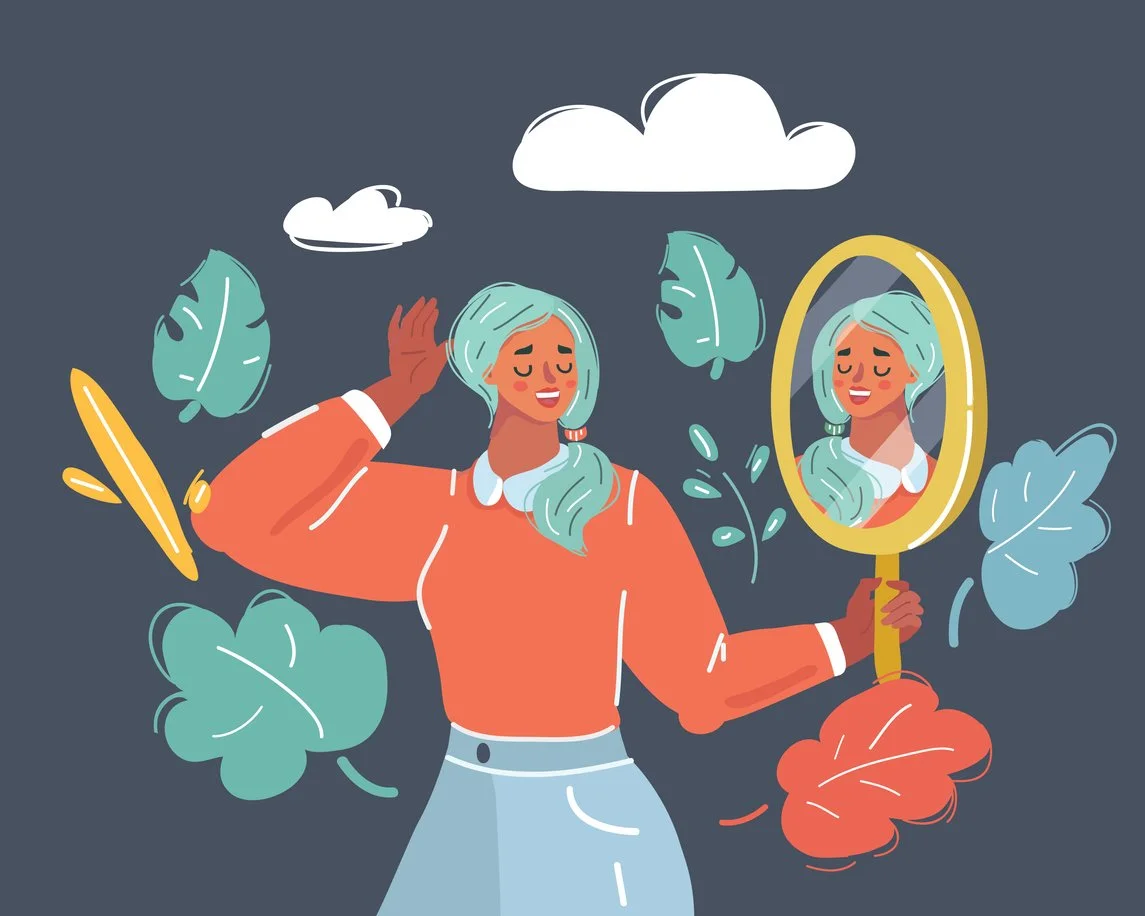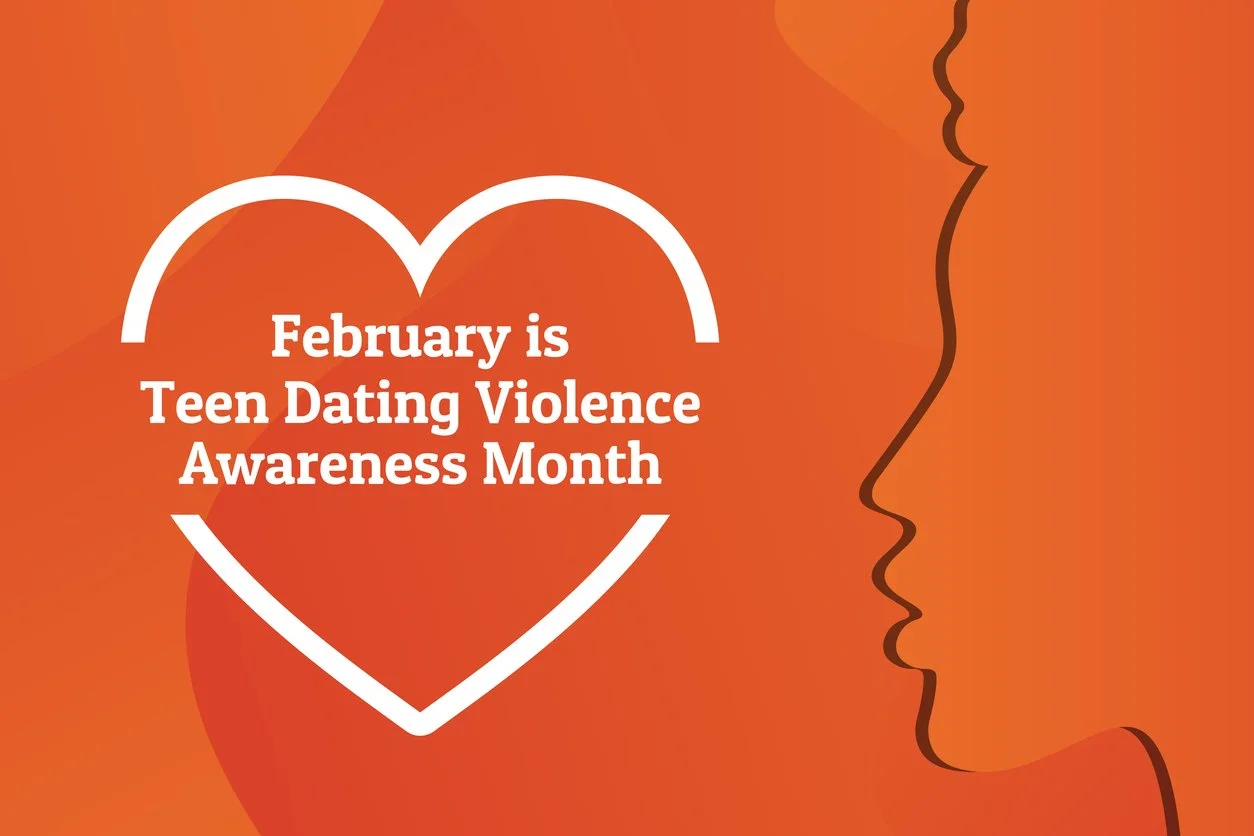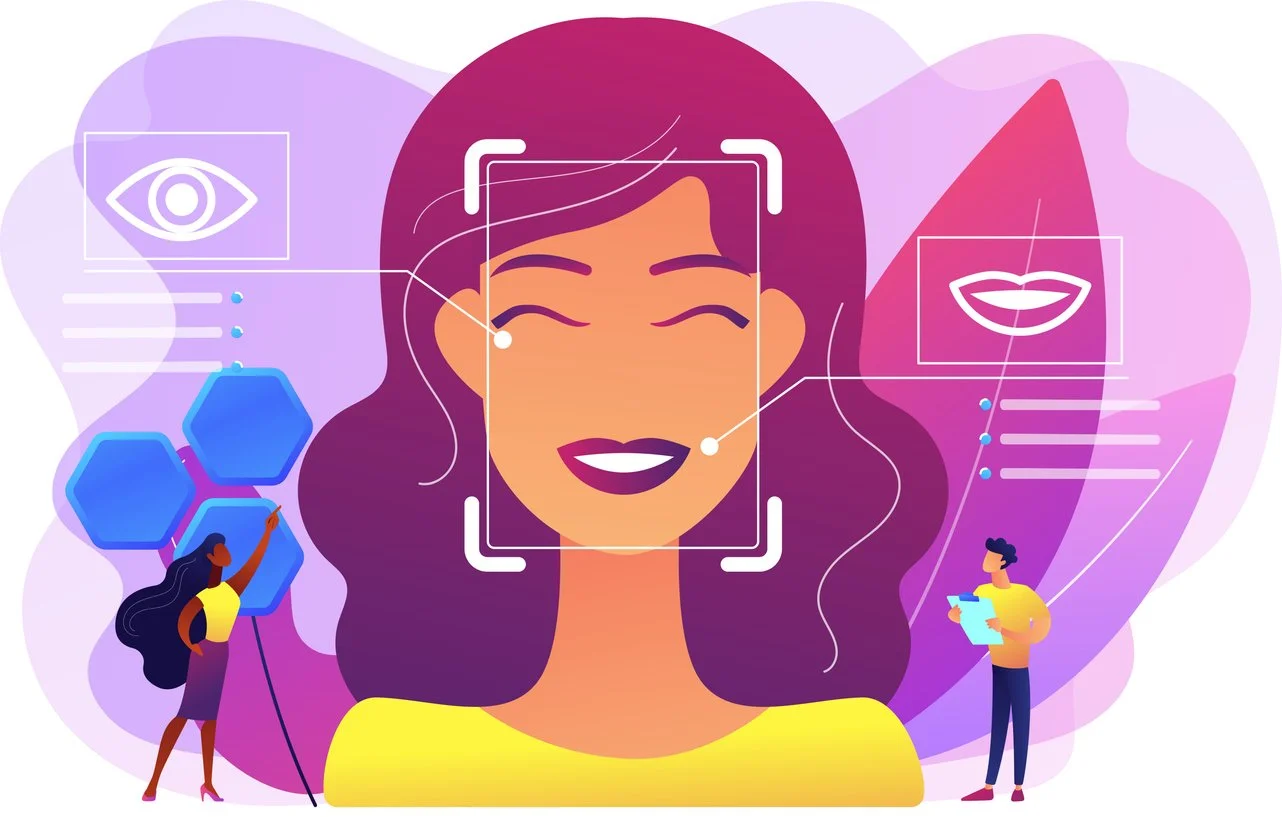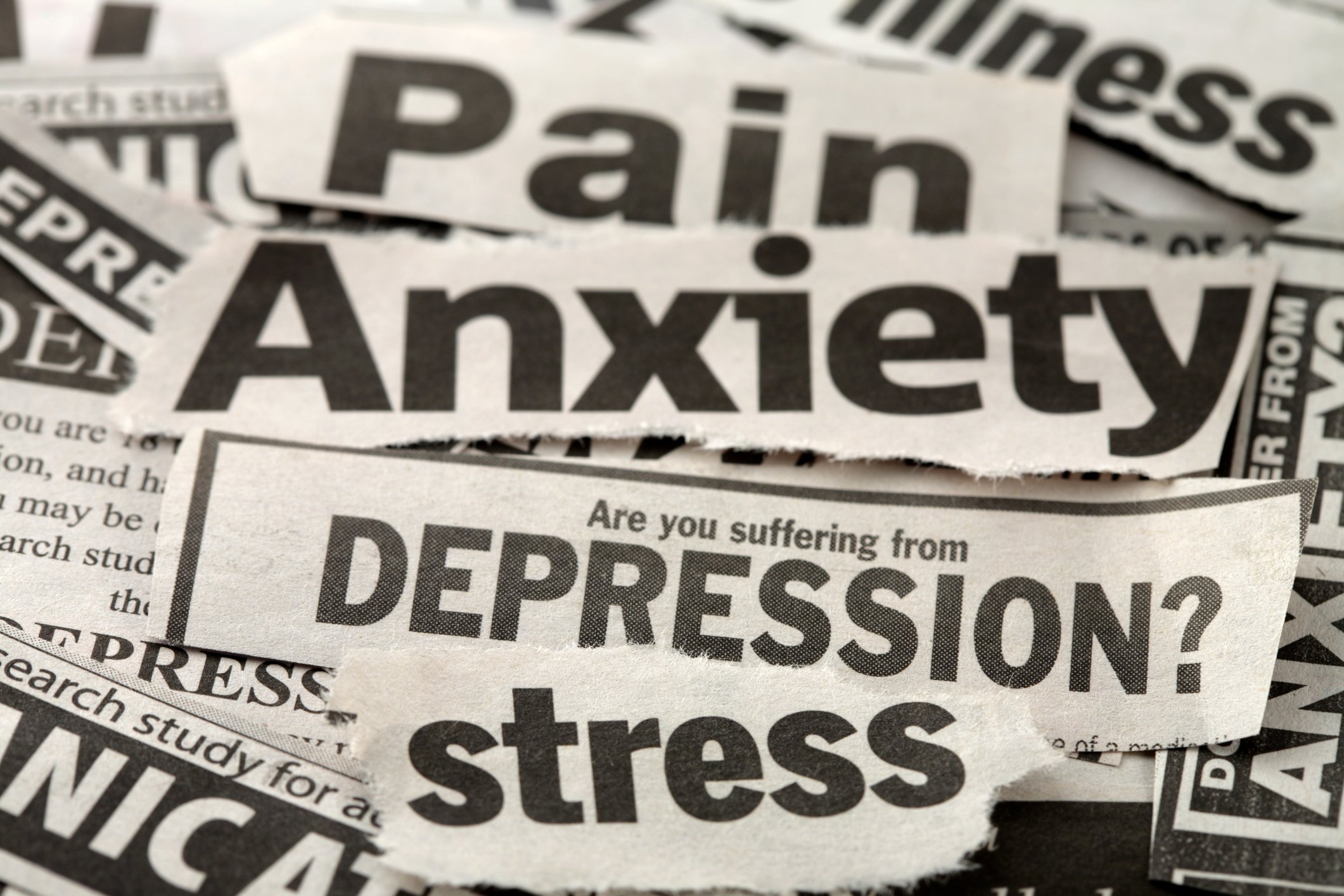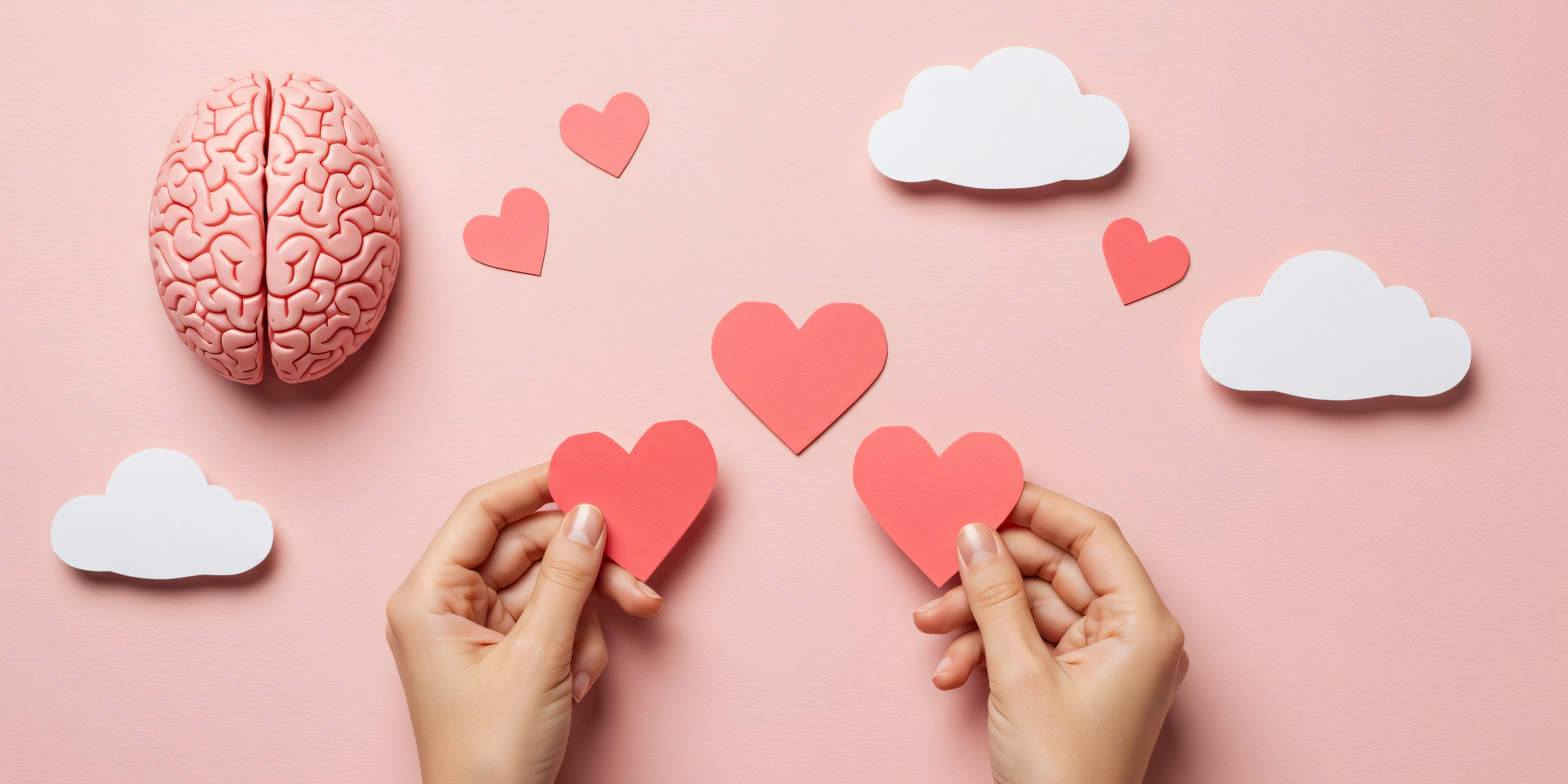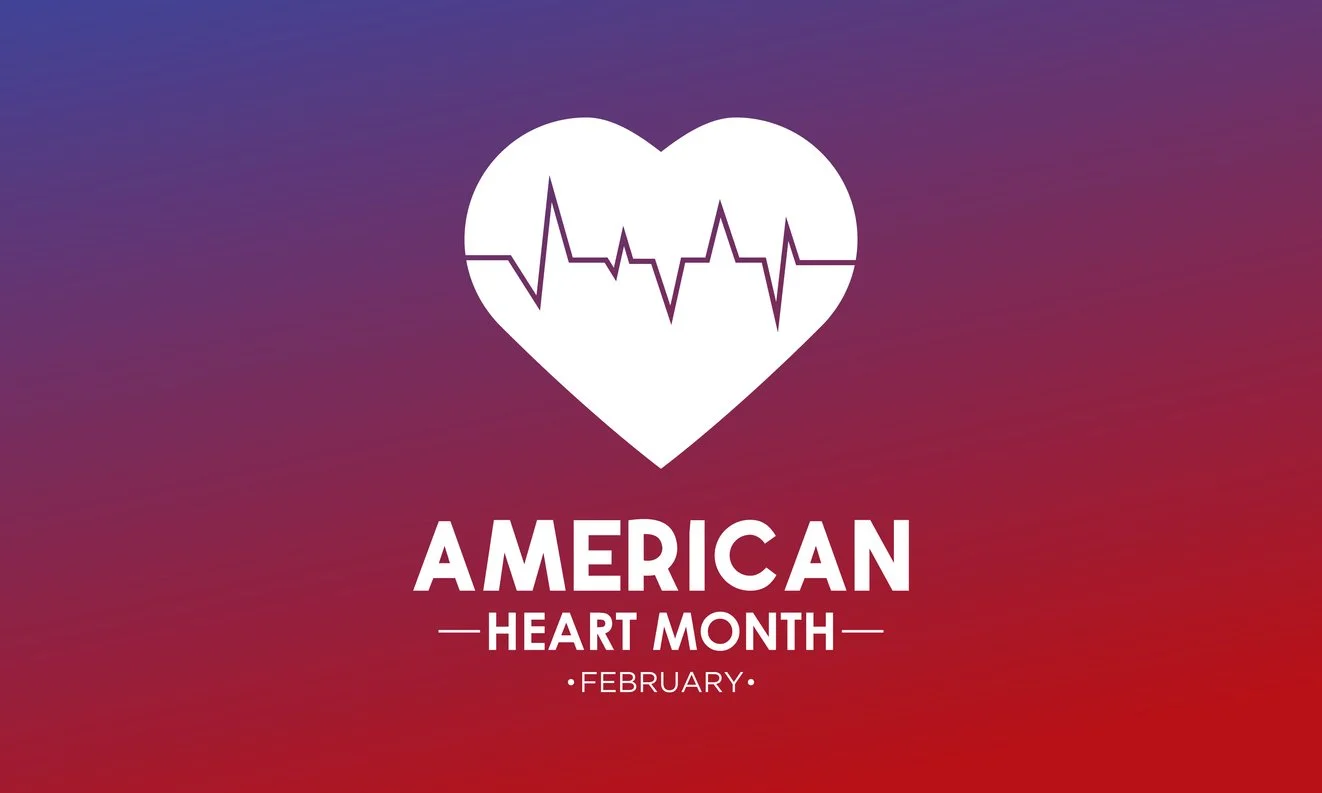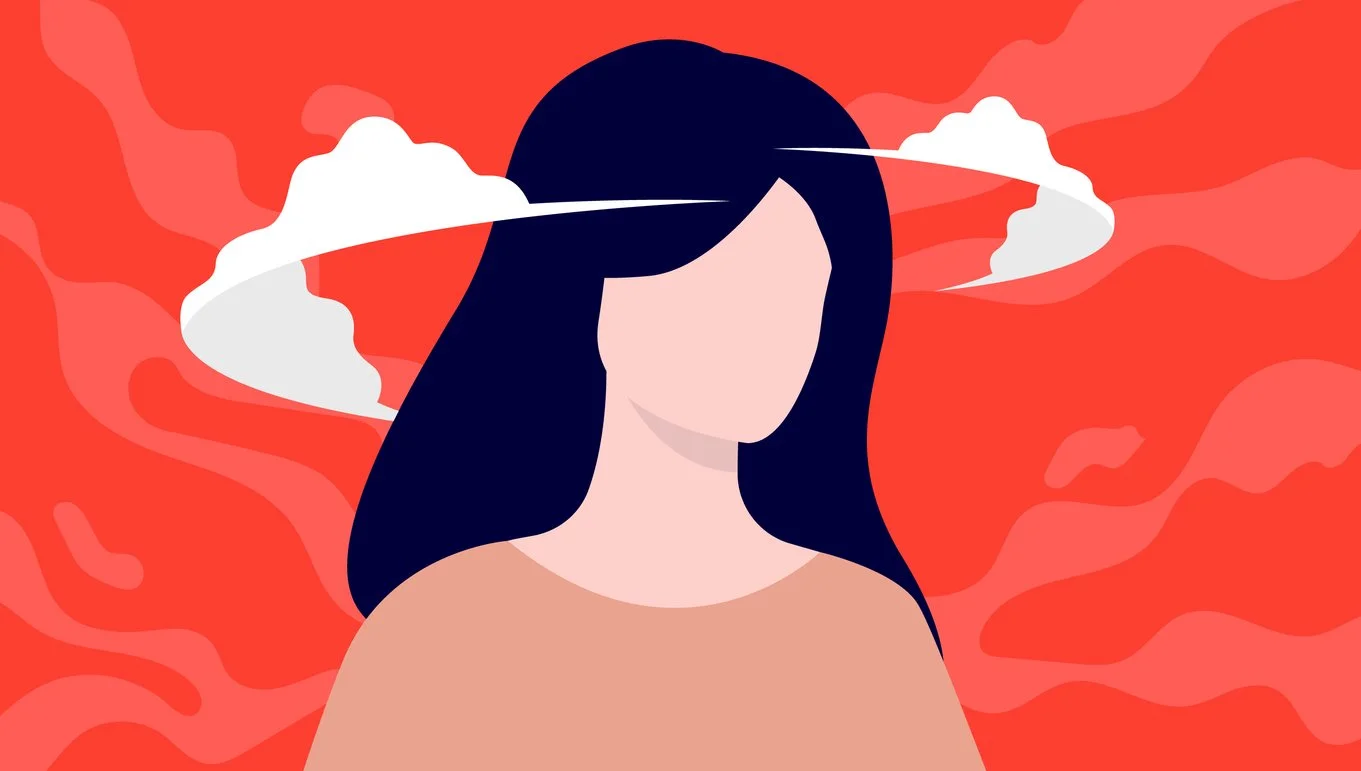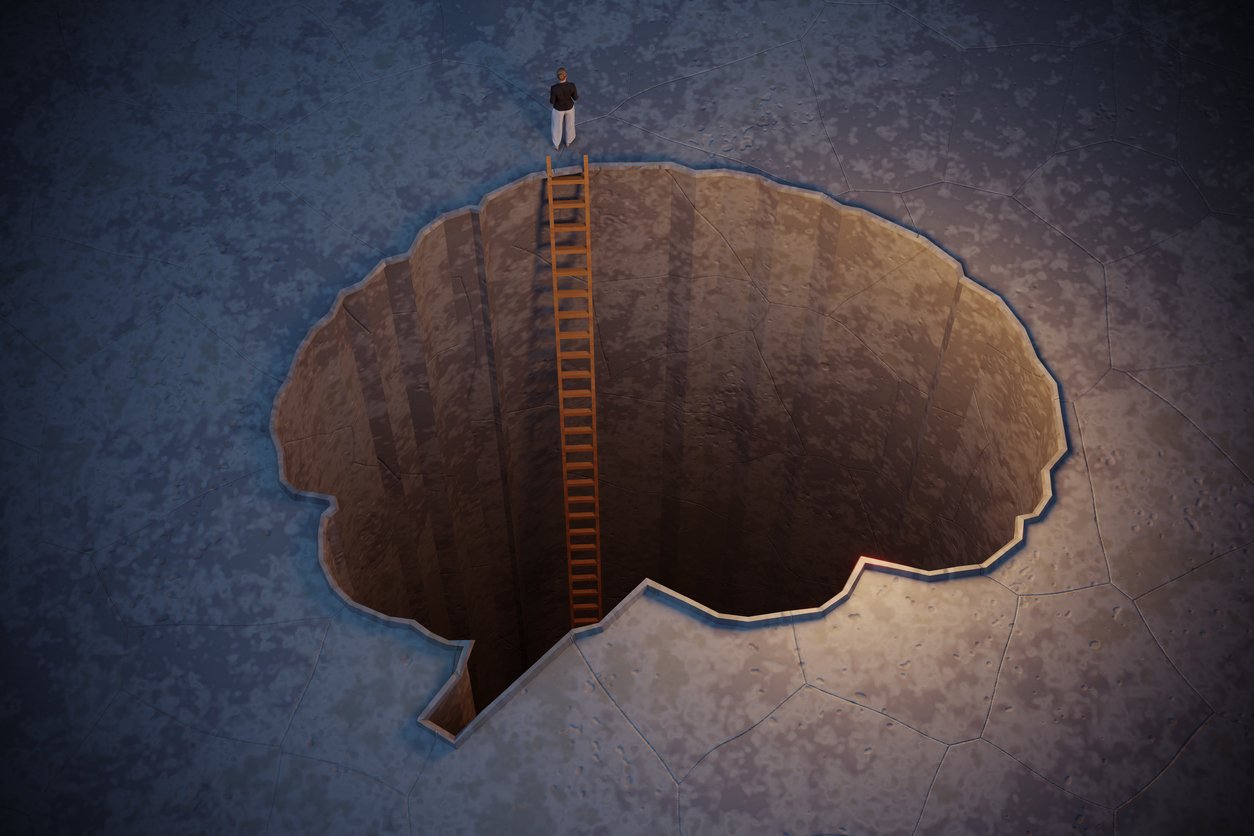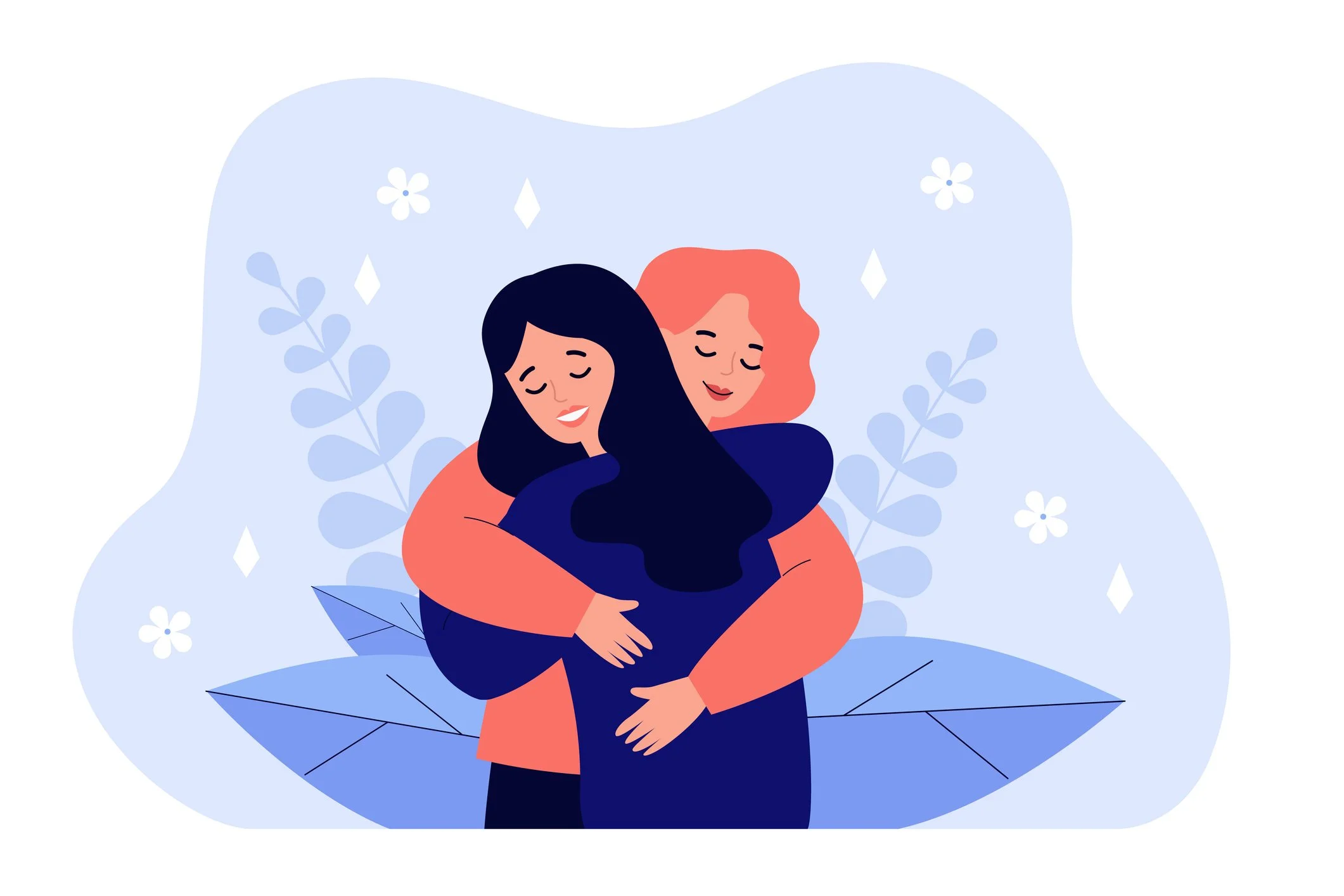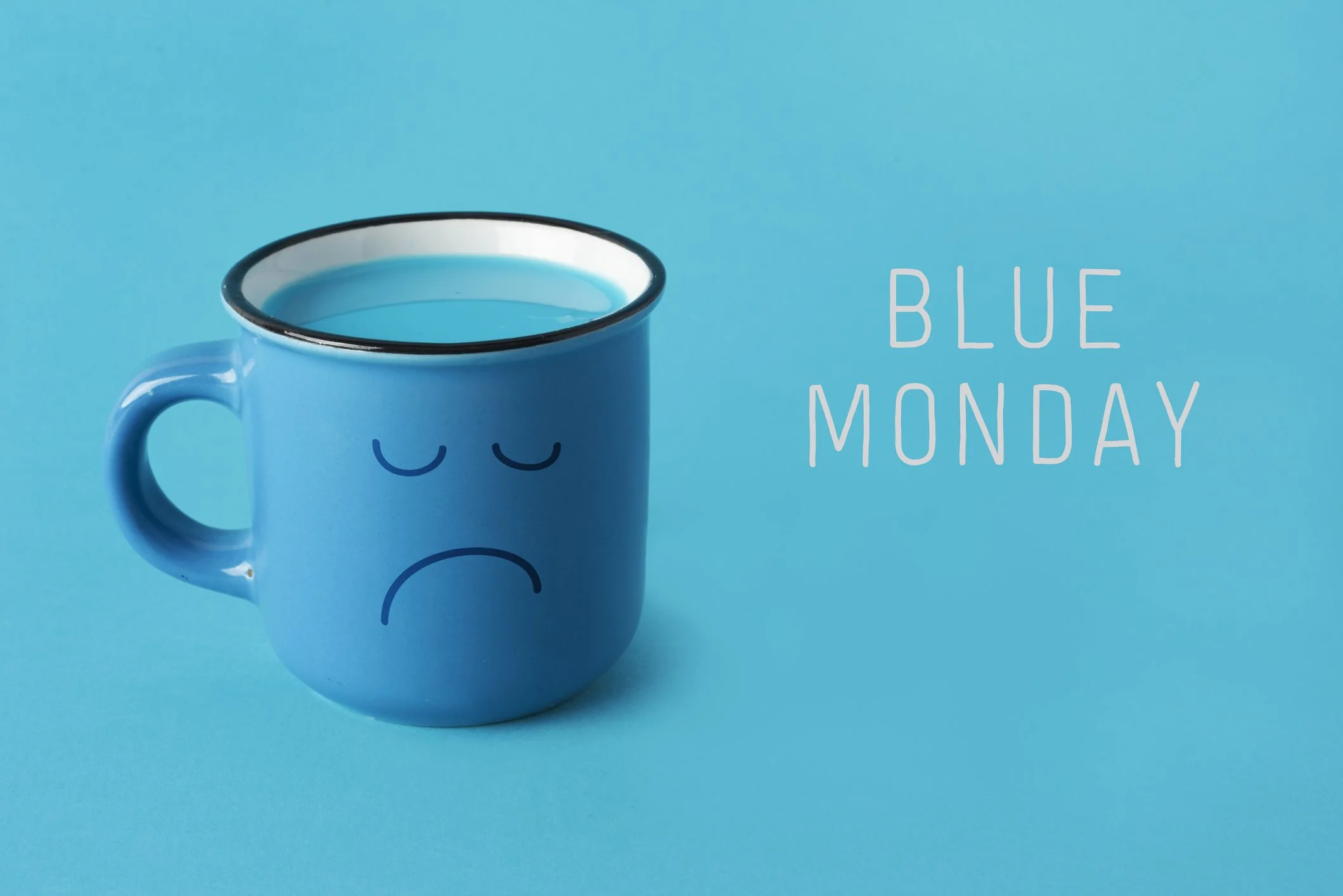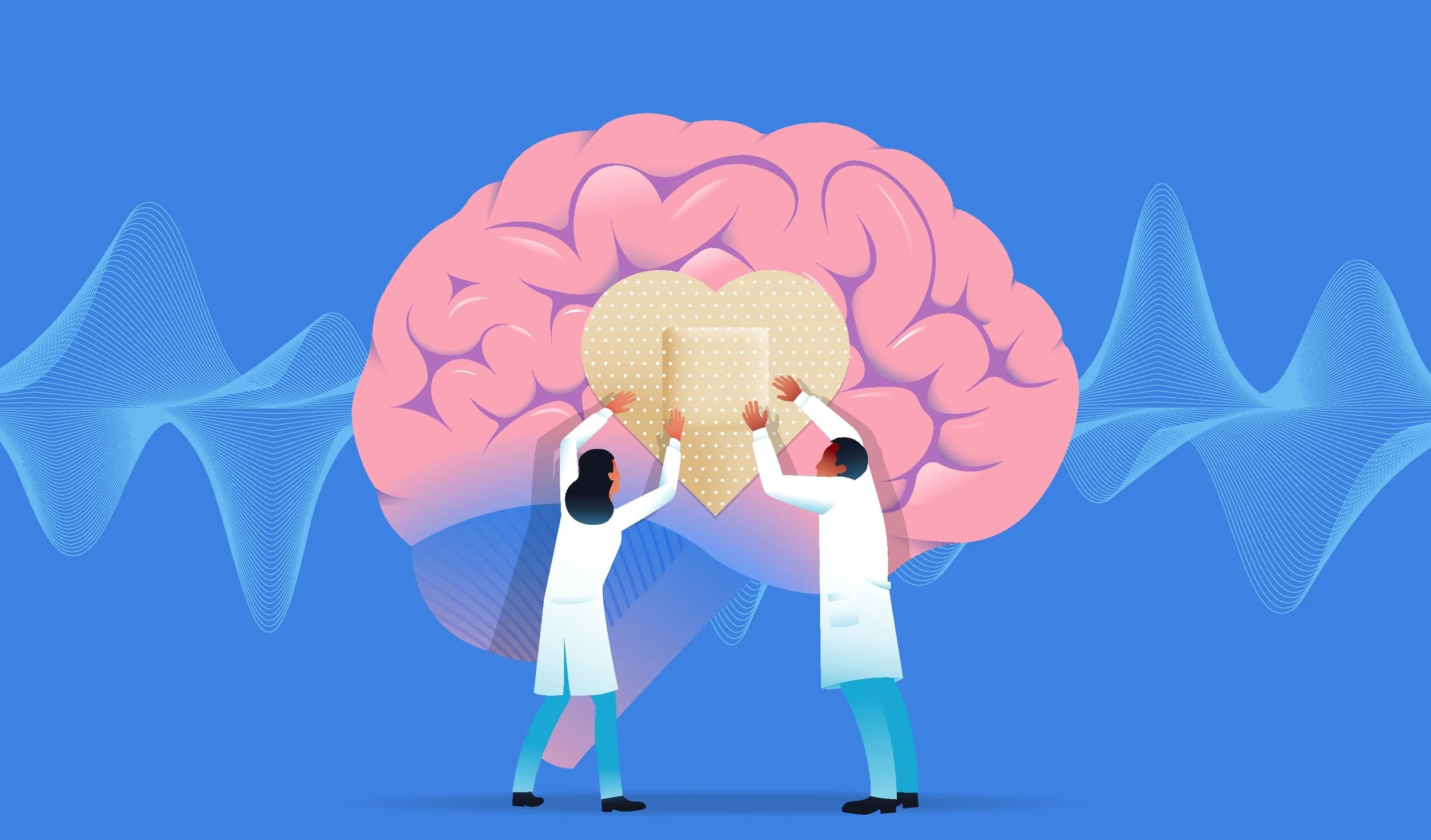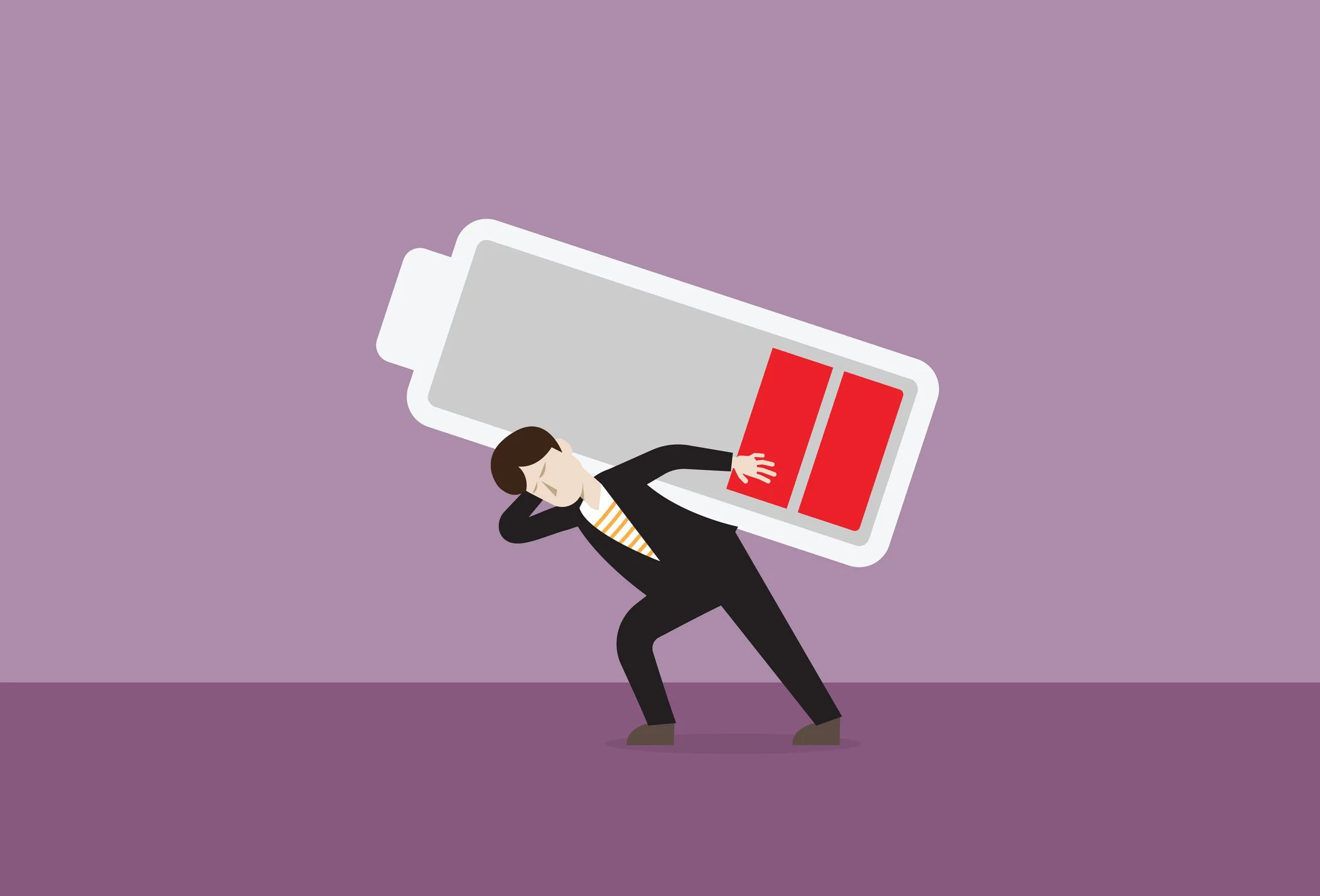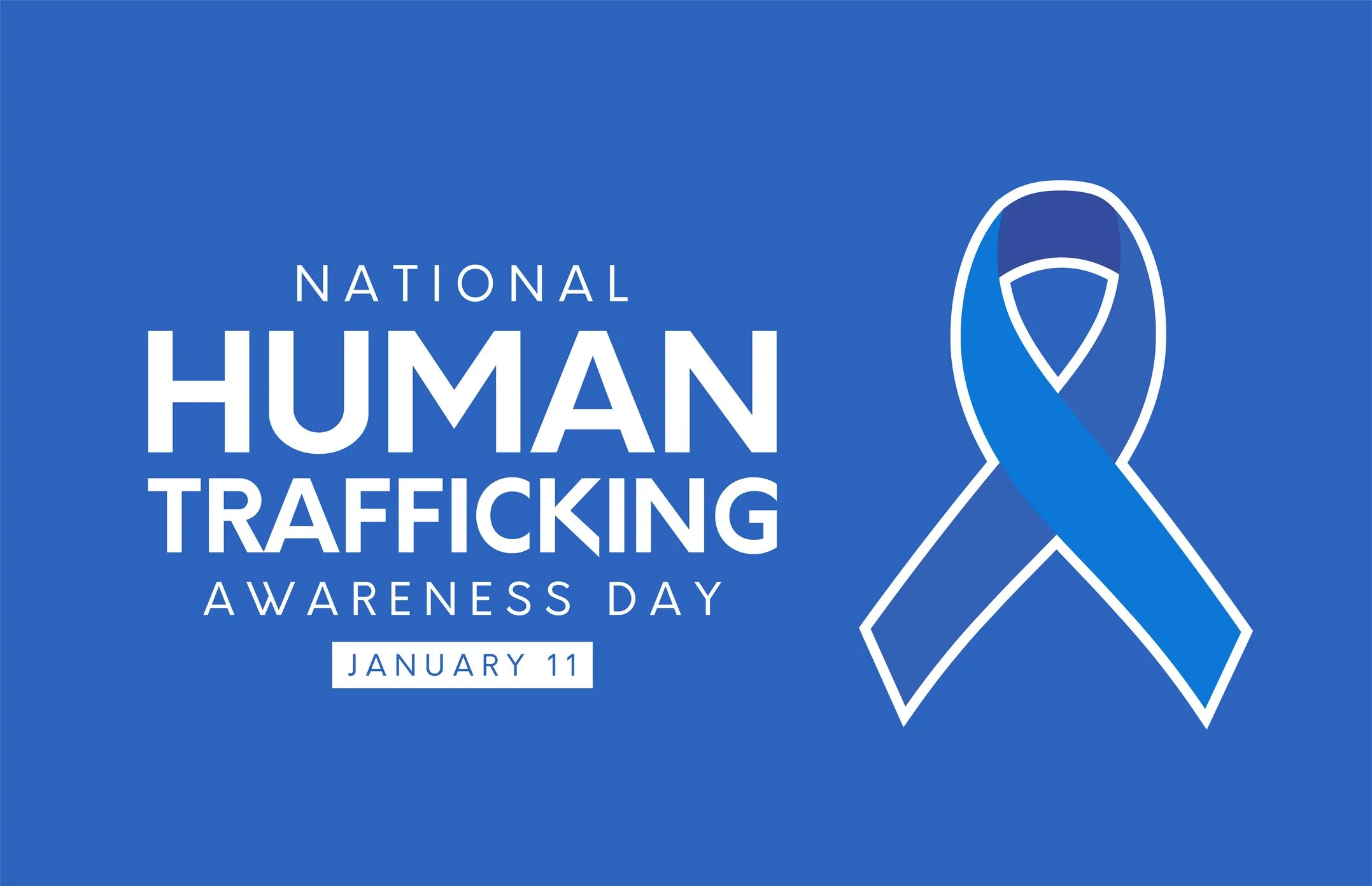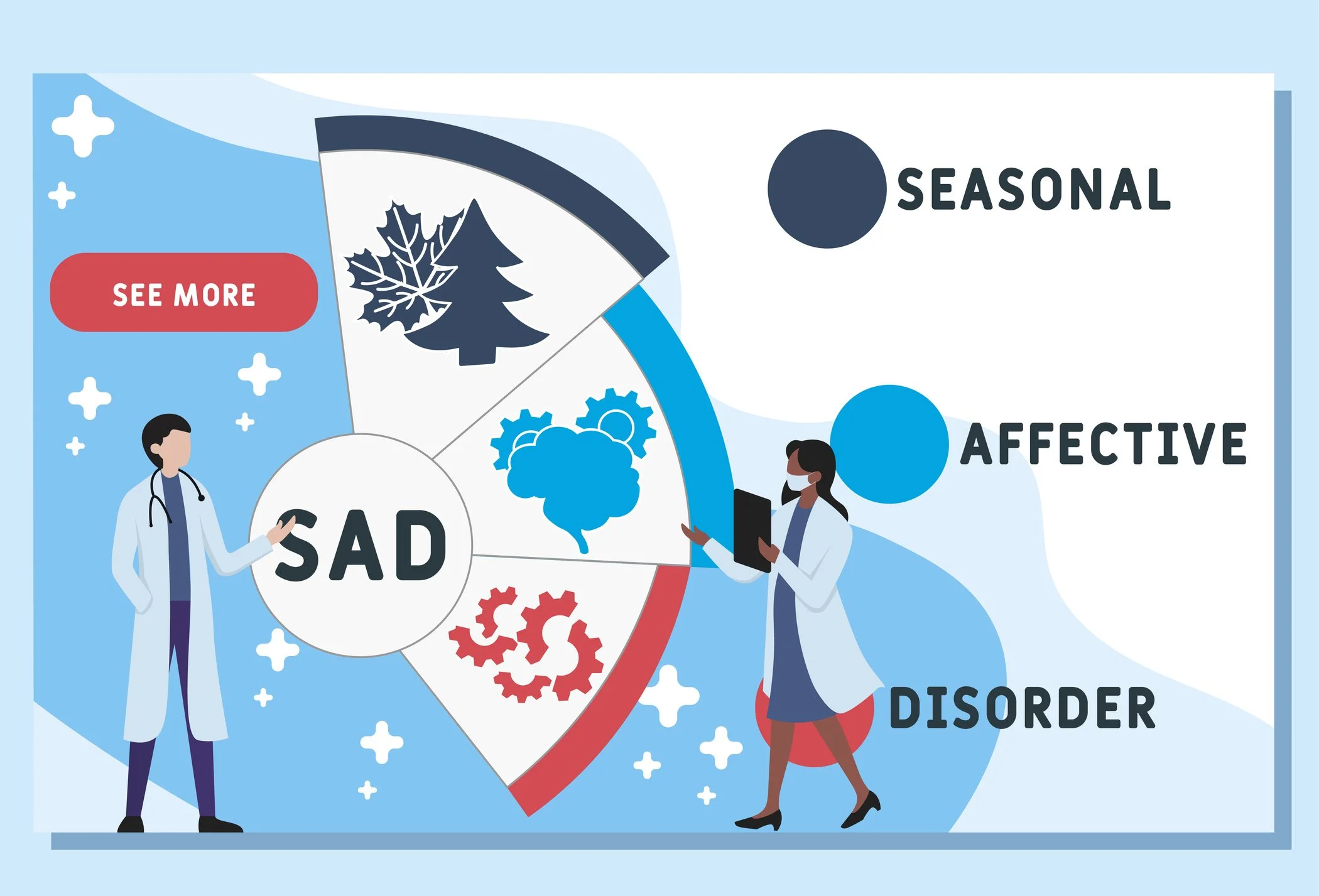
Alleviant Integrated Mental Health Blog
Acts of Love for Yourself: Mental Wellness Rituals for February
February is often associated with love and romance, but self-love is just as important as the love we give to others. Prioritizing your mental wellness through intentional acts of care can strengthen resilience, reduce stress, and help you feel more connected to yourself. This Valentine’s Day, consider celebrating the relationship you have with yourself.
Self-love does not mean indulgence or selfishness. It means showing kindness, respect, and attention to your own emotional, physical, and mental needs. Small, consistent rituals can build lasting mental wellness and reinforce your sense of worth.
How to Talk to Teens About Healthy Relationships and Emotional Boundaries
Teens are learning what it means to connect with others in meaningful ways. Healthy relationships and clear emotional boundaries are critical skills that support wellbeing, self-esteem, and resilience. Parents, guardians, educators, and mentors play a key role in guiding teens to recognize respect, communication, and consent as the foundations of all relationships.
Teen Dating Violence Awareness: Recognizing Signs and Supporting Safety
Teen dating relationships can teach communication, empathy, and emotional growth. However, not all relationships are healthy. Teen dating violence (TDV) affects young people across all backgrounds and can have lasting emotional, physical, and social consequences. Awareness, recognition, and safe support are essential for helping teens navigate relationships with confidence.
Self-Compassion as Heart Care: Healing from the Inside Out
When we think about heart health, we often focus on physical behaviors like diet, exercise, and medical screenings. While these remain important, research increasingly shows that how we relate to ourselves emotionally also plays a meaningful role in both mental and physical wellbeing. Self-compassion, or responding to yourself with kindness during difficulty, can support heart health from the inside out.
During American Heart Month, it’s worth highlighting that caring for your heart includes caring for the way you respond to stress and emotional pain.
Mental Health in America: Understanding the Decline
For the first time in over two decades, fewer than 30% of Americans describe their mental health as "excellent." This isn't just a statistic, it represents millions of people struggling with their emotional wellbeing. Just six years ago, before the COVID-19 pandemic, 43% of us felt confident about our mental health.¹ Today, that number has fallen to 29%.¹
The Heart Mind Connection: Managing Stress for Emotional and Physical Wellness
February is American Heart Month, a time to focus on heart health and overall wellbeing. While heart health is often discussed in terms of diet, exercise, and medical checkups, there is another important piece that is sometimes overlooked. Emotional health and stress play a powerful role in how the heart and body function every day.
The heart and mind are deeply connected. When stress becomes chronic, it affects not only how we feel emotionally, but also how our bodies respond physically. Understanding this connection can help you approach wellness in a more compassionate and sustainable way.
Honoring American Heart Month: The Role of Mental Health in Heart Health
February is American Heart Month, a time to raise awareness about cardiovascular health and prevention. While diet, exercise, and medical risk factors like cholesterol and blood pressure are often emphasized, there is another powerful driver of heart health that deserves equal attention: mental health.
A growing body of research shows that emotional wellbeing and cardiovascular health are deeply interconnected. Scientific evidence suggests that stress, anxiety, and depression do not just influence how we feel — they have measurable effects on the body that can increase the risk of heart disease and related conditions.
Brain Fog, Focus, and Resolutions: How ADHD Influences New Year Goals and What Helps
January often comes with a rush of motivation. New planners, fresh routines, big intentions to be more productive or finally feel on top of life. For some people, that energy feels exciting. For others, especially those living with ADHD, it can feel overwhelming before the year even begins.
If you have ADHD, setting goals may come with brain fog, distraction, or a sense that you are already behind. Tasks that seem simple for others can feel heavy or impossible. That does not mean you are unmotivated or failing. It means your brain works differently, and it deserves a different kind of support.
When Food and Mood Collide: Understanding Emotional Eating, Eating Disorders, and New Year Diet Culture
January often arrives with bright promises: resolutions to eat healthier, exercise more, or “start fresh” after the indulgences of the holidays. For many people, this focus on diet and self-discipline can be stressful, triggering, or even harmful, especially for those who struggle with emotional eating, disordered eating, or body-image concerns.
If you find that food has been a source of comfort, conflict, or anxiety, you are not alone. Understanding how mood and food interact, and approaching nutrition with self-compassion, can make a meaningful difference in your mental health and overall well-being.
Why Some Brains Need More Than Motivation: Understanding Treatment‑Resistant Depression
January is often filled with messages about motivation, fresh starts, and new beginnings. For many, setting goals and committing to change feels energizing. But for some individuals, particularly those struggling with treatment-resistant depression, willpower and positive thinking alone aren’t enough.
This condition can make the New Year feel heavier than it looks from the outside. Understanding what treatment-resistant depression is, why traditional approaches sometimes fall short, and the options available today can provide clarity, hope, and a path forward.
When Willpower Isn’t Enough: Understanding the Mental Health Side of Lifestyle Changes
Every January, many of us set intentions to improve our physical health. We resolve to exercise more, eat healthier, lose weight, or quit substances. But even the most well-intentioned plans can feel emotionally exhausting, and progress often stalls. That doesn’t mean you lack discipline. More often, it means that the emotional and mental aspects of change are being overlooked.
How to Support a Loved One Who Is Struggling Right Now
January can be a difficult month for many people. The holidays are over, winter is in full swing, and the start of a new year can bring pressure, exhaustion, or feelings of isolation. For some, these factors can trigger or worsen depression symptoms, leaving them quietly struggling. If someone you care about seems “off,” you may be unsure how to help. Knowing what to look for and how to respond can make a meaningful difference.
Why Blue Monday Is Not the End of Hope and How to Lift Your Mood
Every January, the third Monday of the month is often labeled as “Blue Monday.” It has a reputation for being the saddest day of the year, mostly because of winter weather, post holiday fatigue, financial stress, and the slow return to routine. While the idea itself is more myth than science, the feelings behind it are very real. Many people notice their mood dipping in mid January, and that experience deserves care, not dismissal.
If this day feels heavy for you, it does not mean you are failing or that the rest of the season will be hard. It simply means your mind and body are responding to stress, darkness, or a shift in routine. There are gentle ways to support yourself and small steps that can make this time feel lighter.
What Your Nervous System Needs This Winter: A Guide to Regulation
Winter can feel heavier than other seasons. Shorter days, colder temperatures, and the residual stress of the holidays can leave your mind and body feeling off balance. What many people don’t realize is that these feelings are often rooted in your nervous system. How your body responds to stress, cold, and social pressures directly affects your mood, energy, and overall mental health. Understanding and supporting your nervous system can make winter feel less overwhelming and more manageable.
The Mental Health Impact of Overworking: Why So Many People Crash in January
January is often presented as a fresh start, but for many people it feels more like a crash landing. After months of pushing through Q4 deadlines, holiday gatherings, financial stress, travel, and increased responsibilities, the body finally stops, and the exhaustion that was building for weeks shows up all at once.
This experience is more common than people realize. Burnout tends to hit when life finally slows down, not when you are pushing through the chaos. If January feels heavier than you expected, you are not alone, and you are not doing anything wrong. Your body is responding to months of running at full capacity.
Mindful Goal Setting: How to Release Perfectionism and Find Peace in Progress
The start of a new year often brings a sense of pressure. Many people feel the need to set big goals, reinvent themselves, or finally achieve the level of perfection they imagine. The truth is that perfectionism rarely helps anyone grow. It usually creates stress, fear of failure, and unrealistic expectations that leave people feeling discouraged before they even begin.
Mindful goal setting offers something different. It encourages you to slow down, choose what truly matters, and move at a pace that supports your emotional well being. When you approach your goals with presence and compassion, you create space for real and lasting change.
Human Trafficking Awareness Day: Understanding Trauma and the Path to Recovery
January 11 is Human Trafficking Awareness Day. It is a day to honor survivors, educate our communities, and shine a light on an issue that often stays hidden. Human trafficking is not only a violation of safety and freedom. It also leaves deep emotional, psychological, and physical scars that can shape how a person sees the world and themselves long after the event ends.
At Alleviant, we believe healing is possible. The journey is not simple or fast, but with compassionate support, survivors can rebuild a sense of safety, identity, and hope. Understanding how trauma affects the brain and body is an important part of that process.
Understanding Seasonal Affective Disorder and How to Cope This Winter
Many people notice their mood changing as winter settles in. Shorter days, colder weather, and long stretches of darkness can take a real toll on emotional well being. For some, these changes lead to Seasonal Affective Disorder. SAD is a type of depression that follows a seasonal pattern, most often appearing in late fall and winter.
If you have been feeling heavier, more tired, or less motivated than usual, you are not alone. SAD is common, and there are proven ways to support your mental health through the darker months. Understanding what is happening inside your body and learning evidence based coping strategies can make this season feel more manageable and less overwhelming.
Beating the Post Holiday Blues: Why You Might Feel Down and How to Recover
The holiday season often brings a mix of joy, connection, and busyness. Once it all ends, many people notice an unexpected shift. The quiet days of January can feel heavier, slower, or strangely empty. If you find yourself feeling low after the holidays, you are not alone. This experience is very common and completely valid.
The post holiday blues are not a sign that something is wrong with you. They are your mind and body reacting to a major change in pace, structure, and emotional energy. With patience and simple routines, you can regain stability and feel more like yourself again.
Start the New Year Centered: Simple Intentions for a Mentally Healthy 2026
January is Mental Wellness Month, and it arrives at the perfect time. The start of a new year often feels full of pressure. Many people feel the need to overhaul their entire life at once, but real healing rarely comes from intense resolutions. It grows from small choices, gentle consistency, and the willingness to check in with yourself.
This month is an opportunity to slow down, breathe, and set intentions that support a stronger foundation for your mental health. Whether you are beginning therapy, returning to a routine, or exploring new ways to care for yourself, you deserve habits that help you feel grounded and supported.

